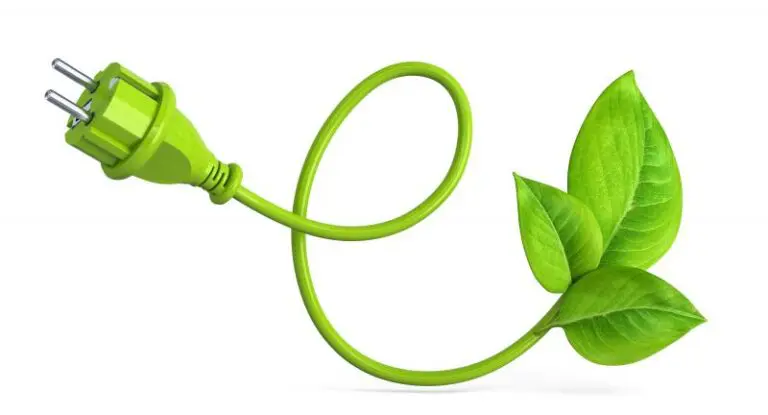Jupiter, Florida based Dyadic International (OTC Pink: DYAI), a biotechnology company which develops enzymes for use in bioenergy applications, has completed the expansion of its research laboratory in the Netherlands.
The company explained that the floor space at the laboratory has significantly increased, allowing for the installation of a wide range of state-of-the-art research equipment including a new fermentation lab.
In addition, the expansion will facilitate the housing of new scientists who were recently hired for the new C1-technology projects. According to Dyadic its C1 technology is a robust and versatile fungal expression system for gene discovery, expression and the production of enzymes and other proteins.
C1 is based on the Myceliopthora thermophila fungus and has applications in the production of ethanol frombiowastes.
The company said that it increased its scientific staff by 40% in 2013 and plans to continue hiring molecular biologists, enzymologists and fermentation specialists through 2014.
“By investing in our R&D capabilities, we are able to expand our new product development pipeline, take on additional projects with our strategic partners, and invest in strengthening the technology platform,” commented Dyadic’s chief operating officer, Danai Brooks.
Wim van der Wilden, general manager of Dyadic Netherlands, added, “The expansion was necessary to meet the projected needs of the market. In the past year we have seen a growing interest for our C1 system with commercial and academic parties.”
Read More
Patented Enzymes from Jupiter to Help Turn Bioastes into Biofuel
Dyadic International (OTC Pink: DYAI) has been issued with a patent for its methods to convert lignocellulosic biomass, including a variety of biowastes, into fermentable sugars with enzymes that degrade the lignocellulosic material.
Biofuel Specialist Expands Enzyme License from Dyadic
Biofuel developer, Abengoa Bioenergy New Technologies has agreed to pay enzyme specialist Dyadic International (OTC Pink: DYAI) $5.5 million for an expansion of its rights under a previous non-exclusive license agreement.
Waste Fat to Biofuel Costs Slashed with New Sugar Based Catalyst
Researchers at Wake Forest University in North Carolina have developed a new sugar based catalyst that could cut the cost of producing biodiesel from poor quality waste oil and fats, such as those which are routinely removed from sewer systems.
Largest of Kind Waste to Biofuel Facility Could Stimulate European Market
Austrian waste to energy technology developer, BioEnergy International (BDI) has been commissioned to build a 250,000 tonne per year multi-feedstock facility that will produce BioDiesel from waste materials in the Netherlands.







